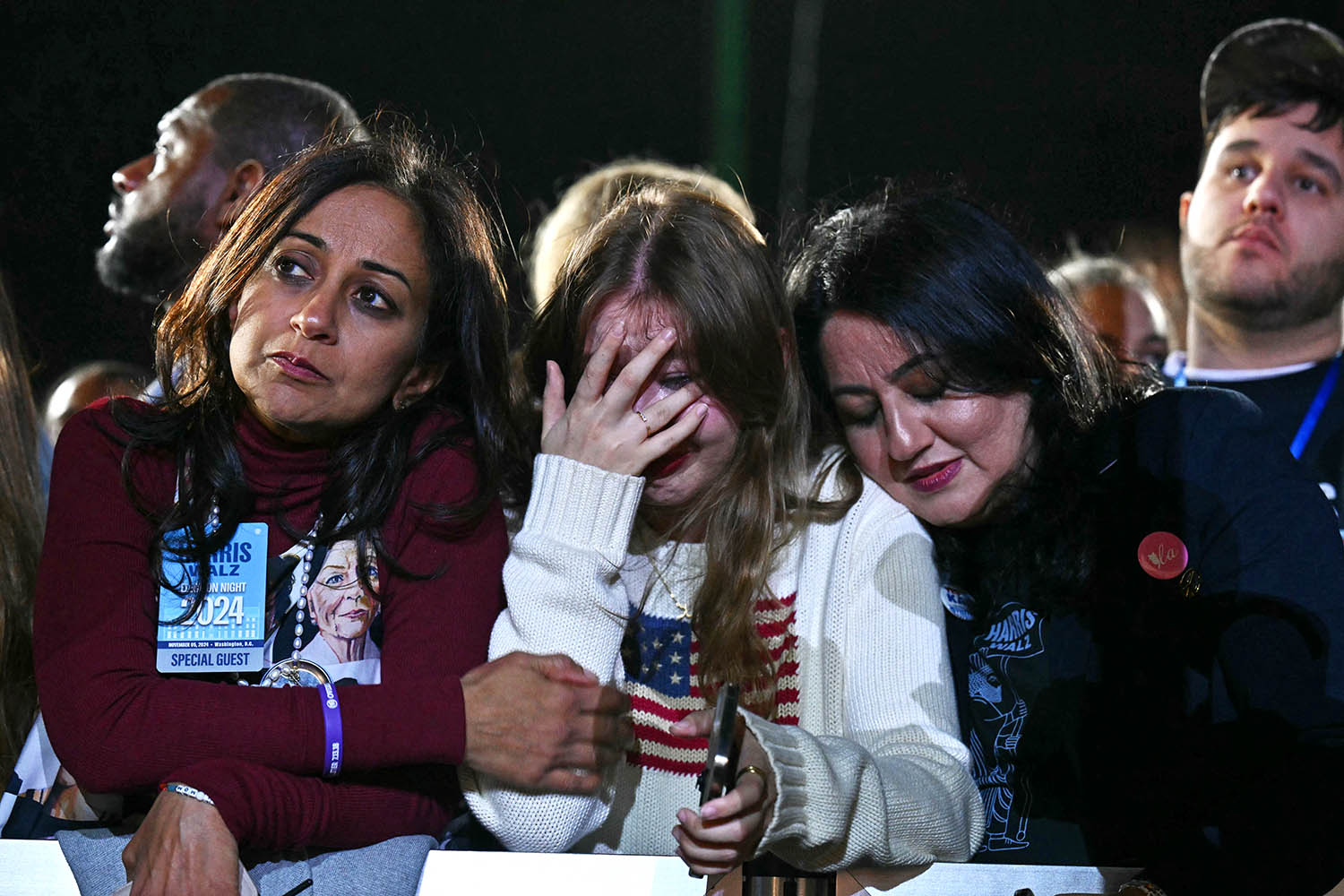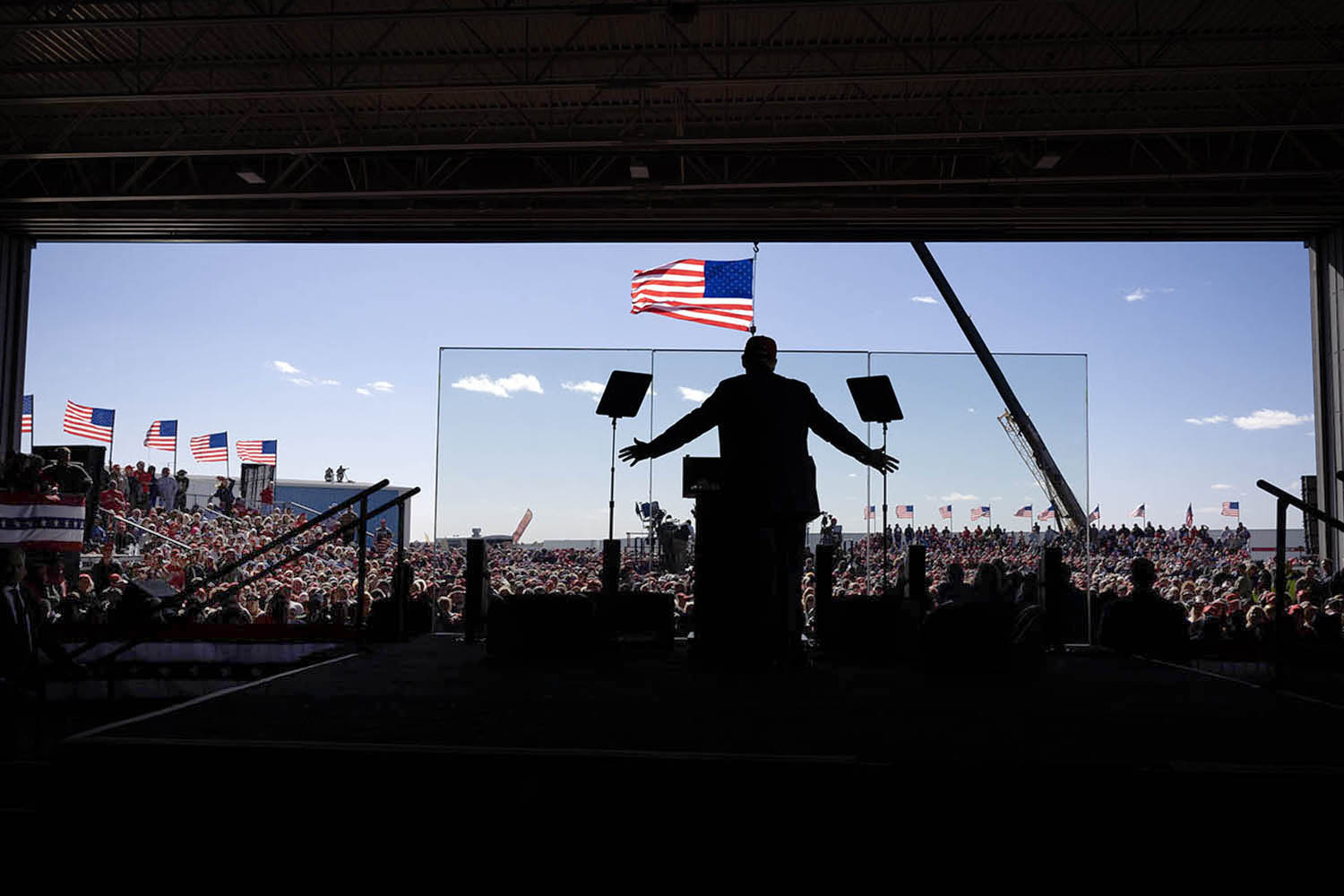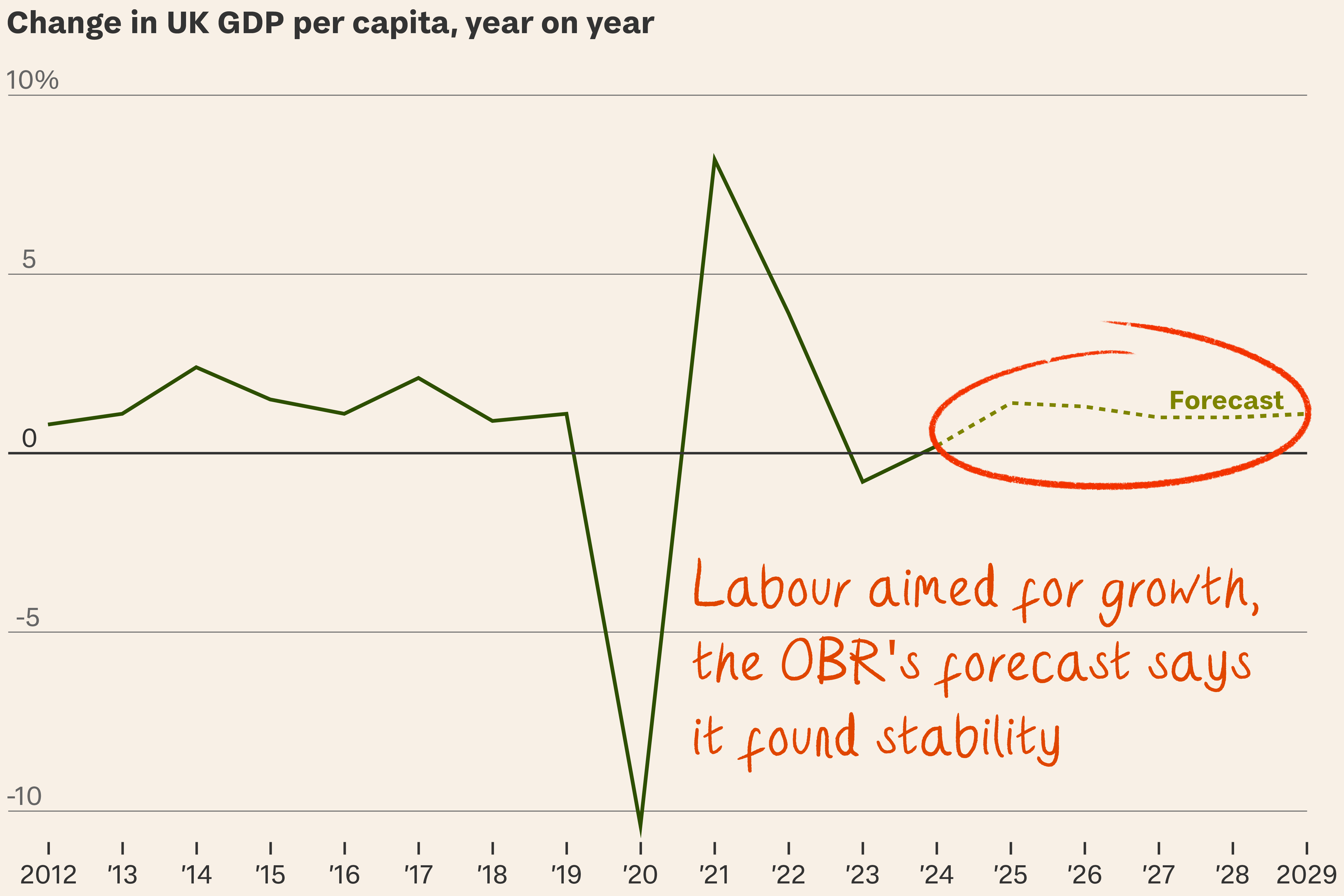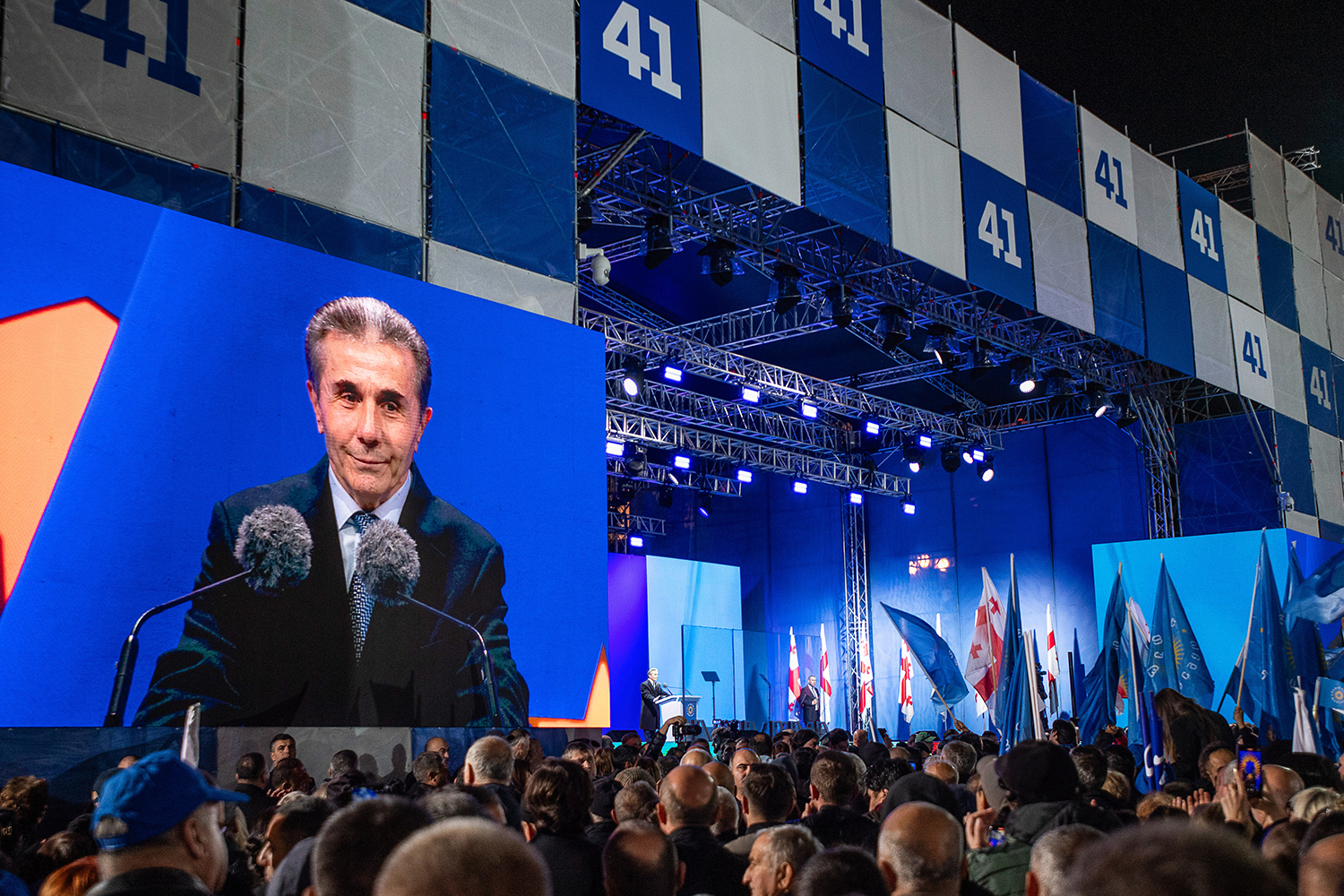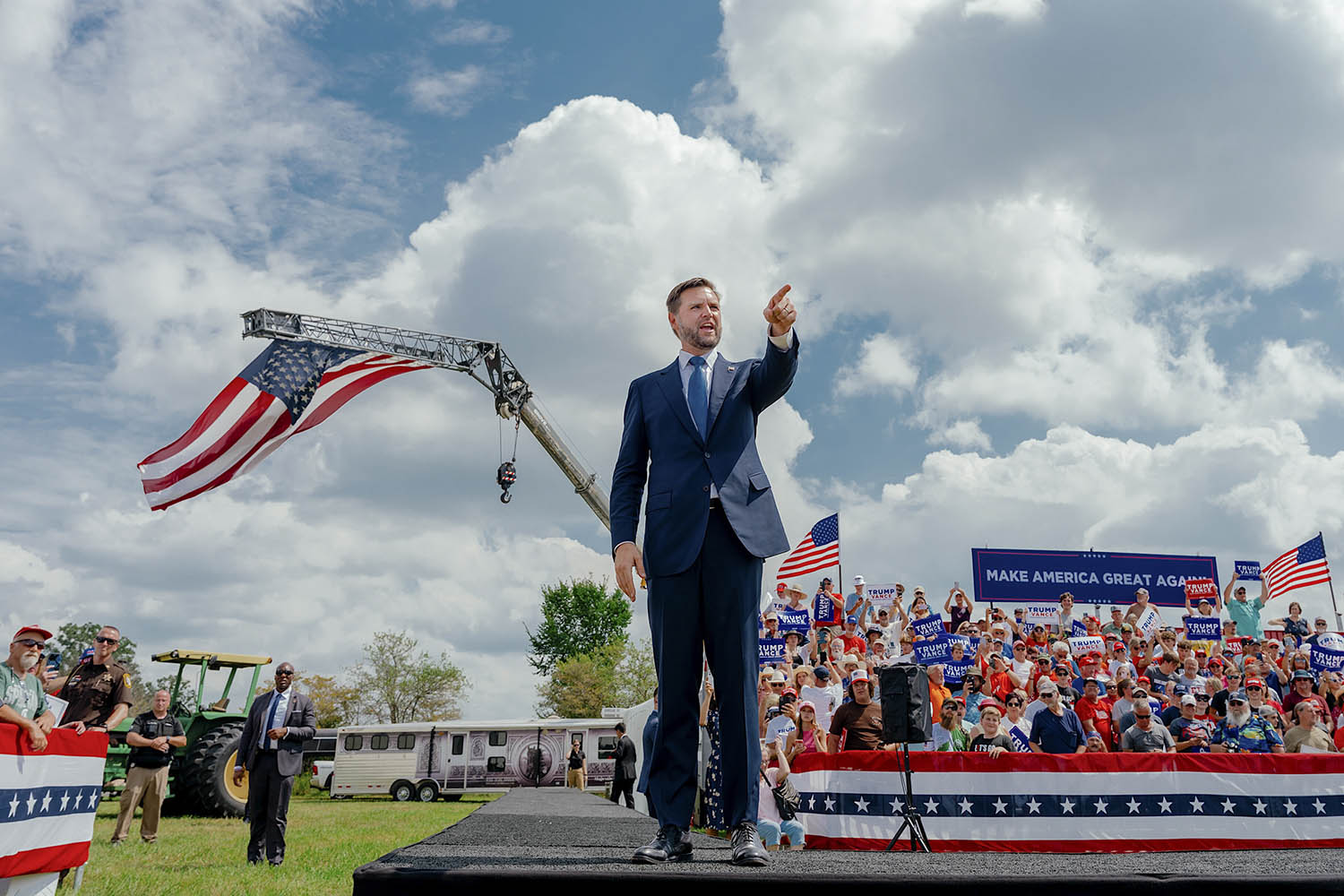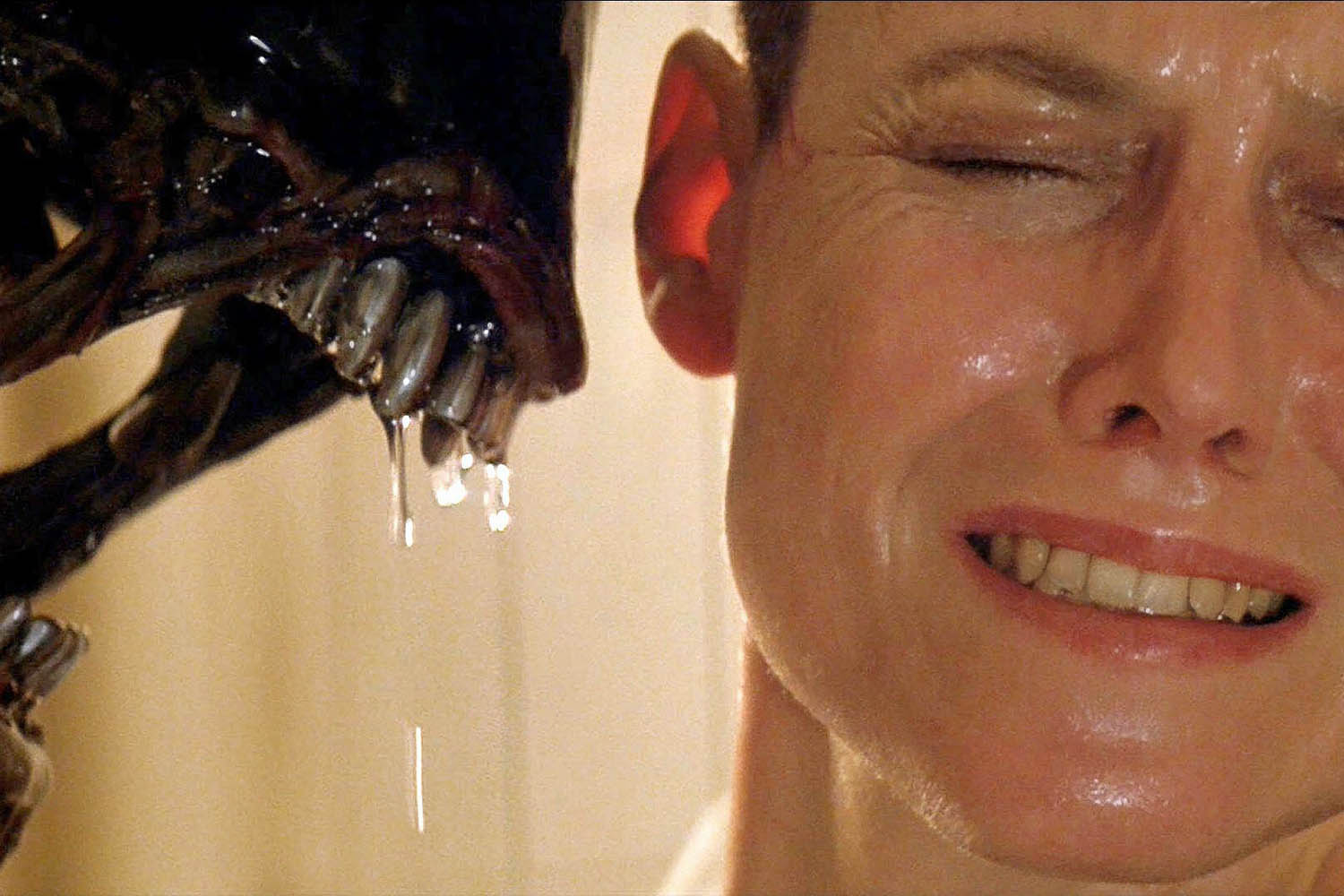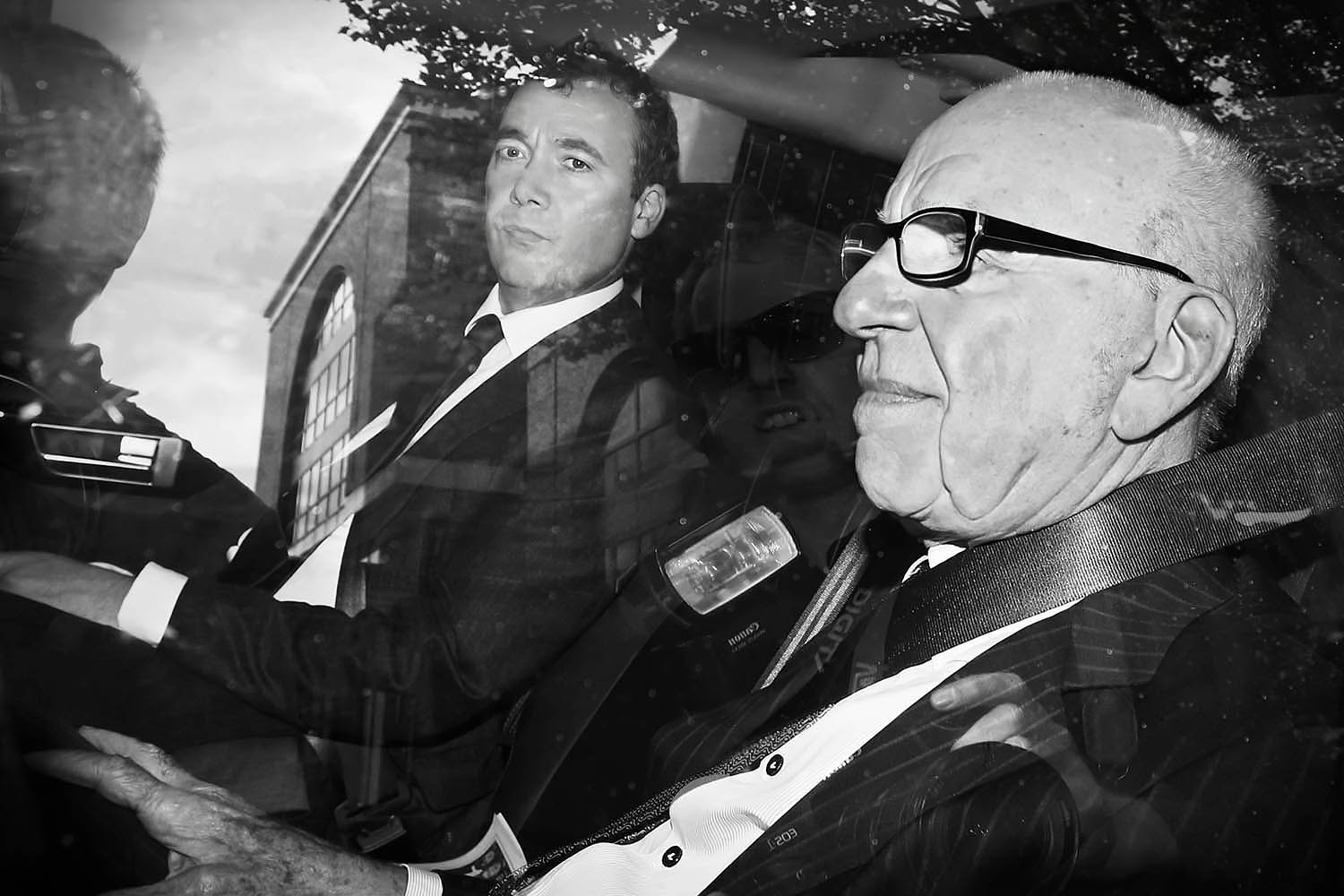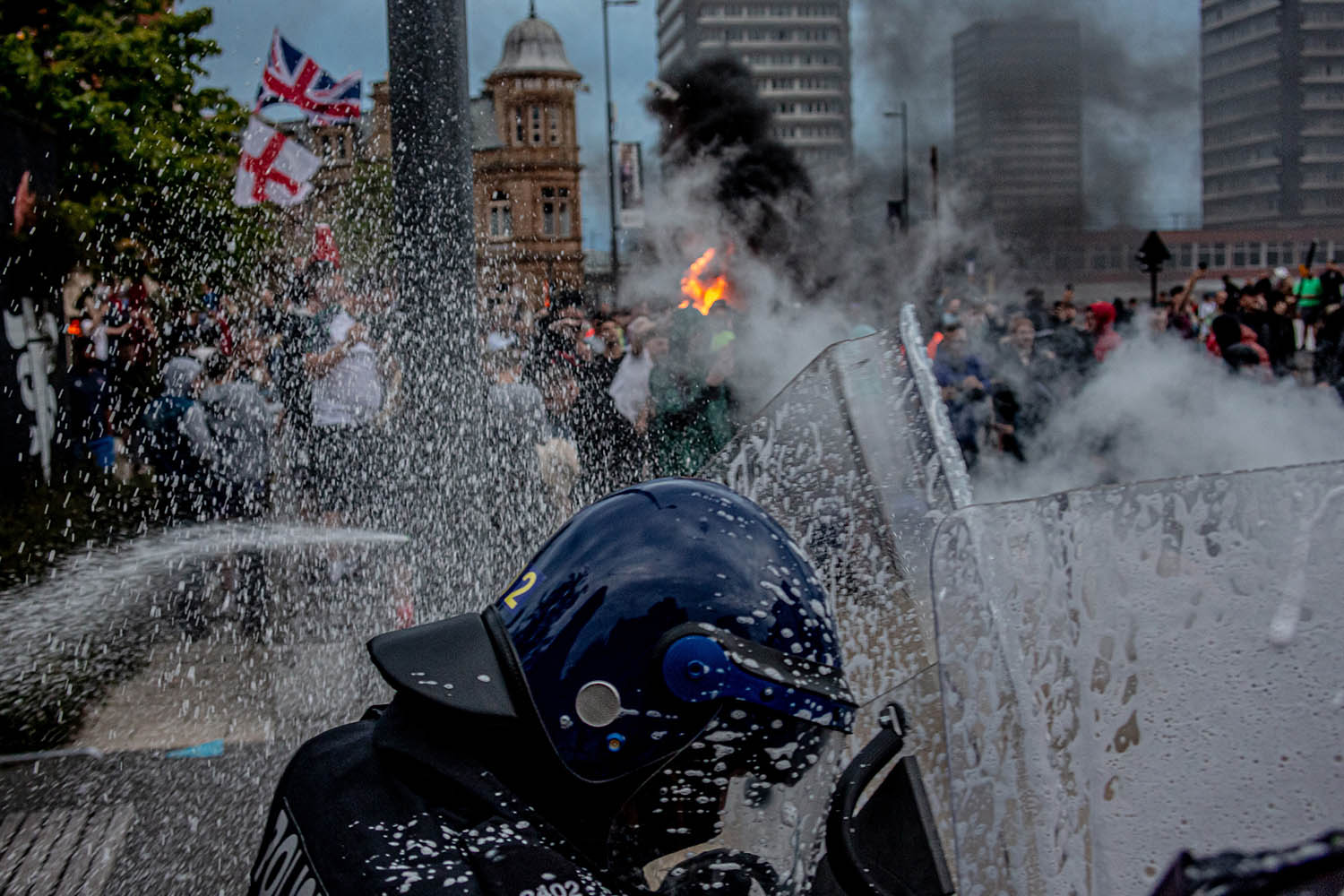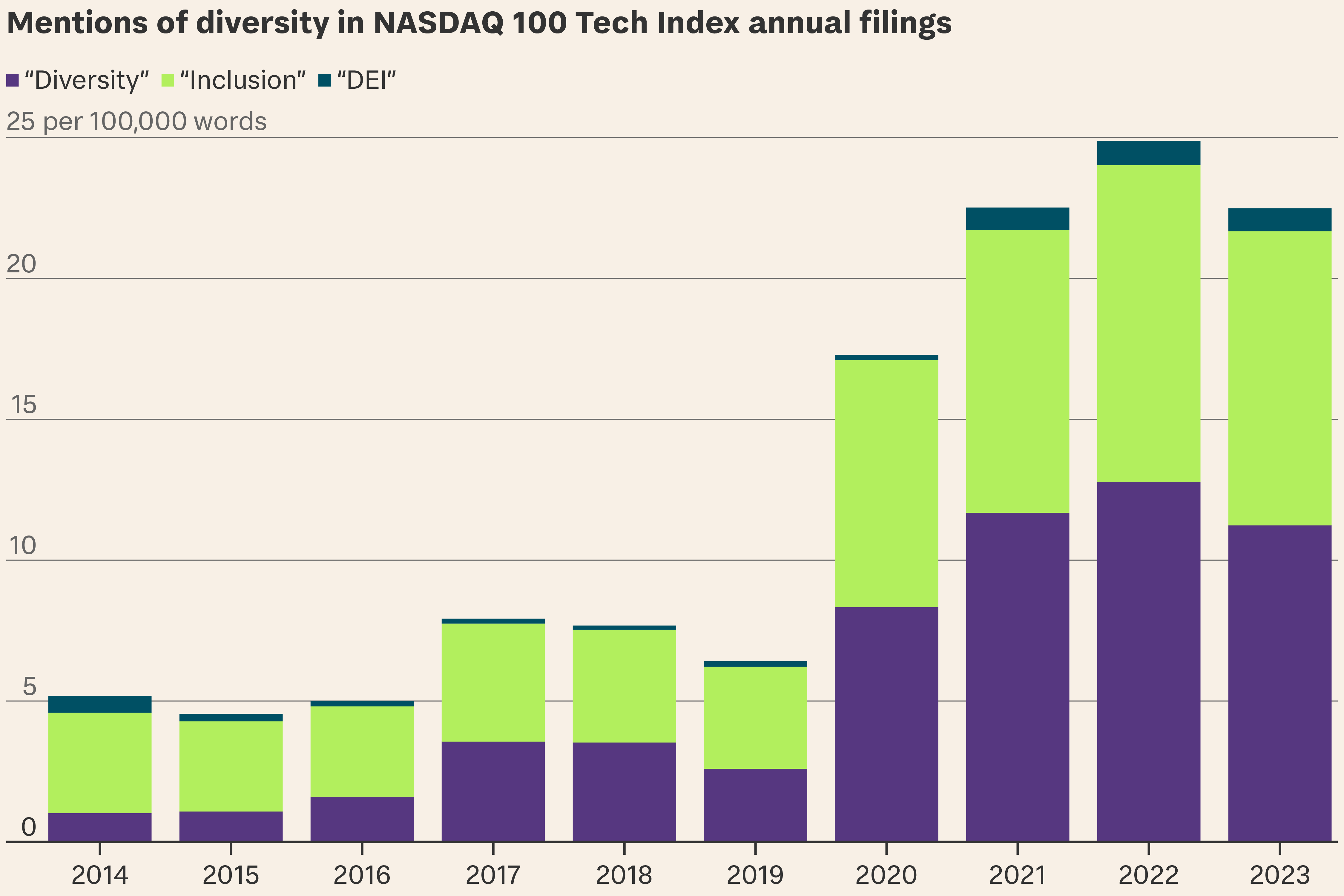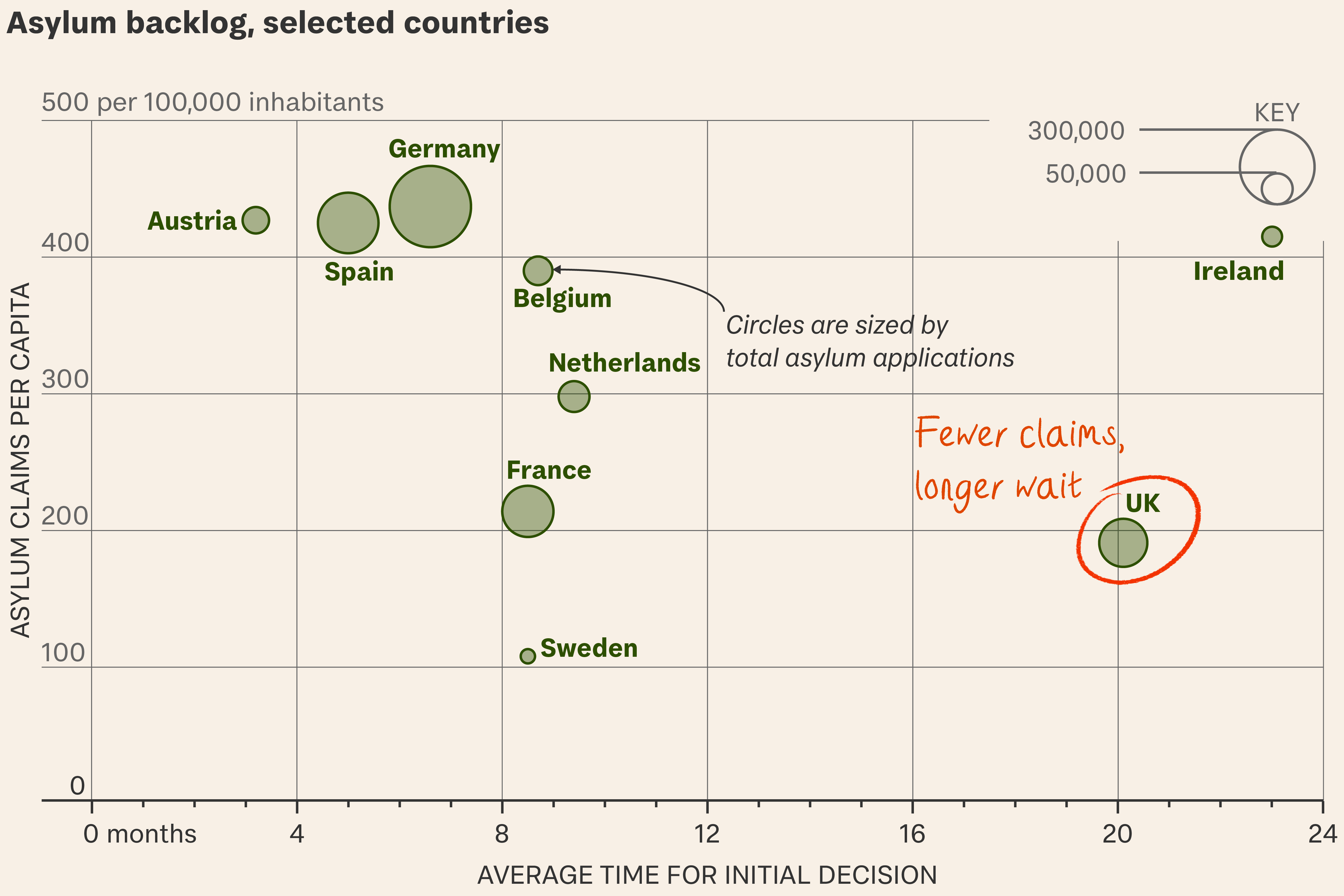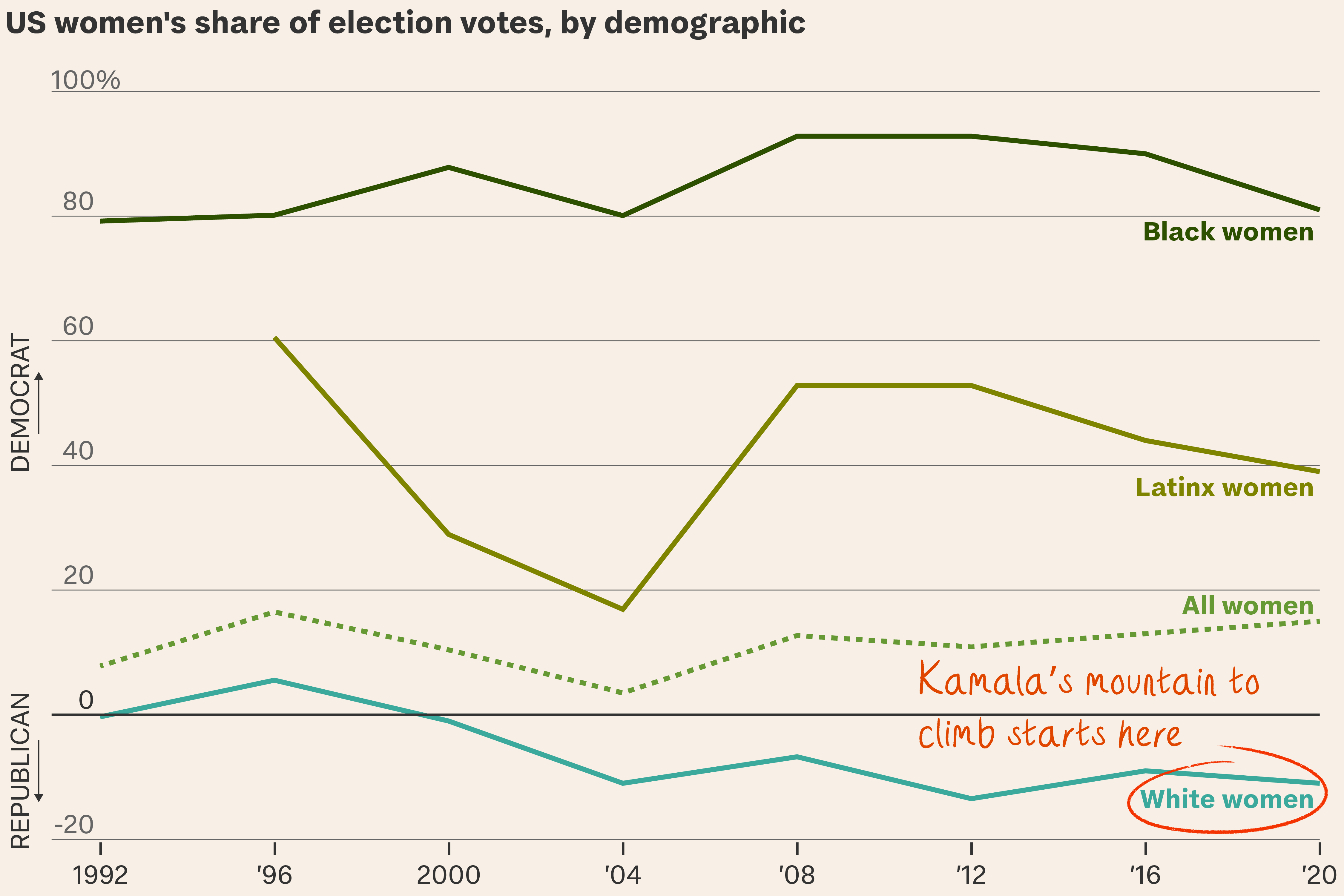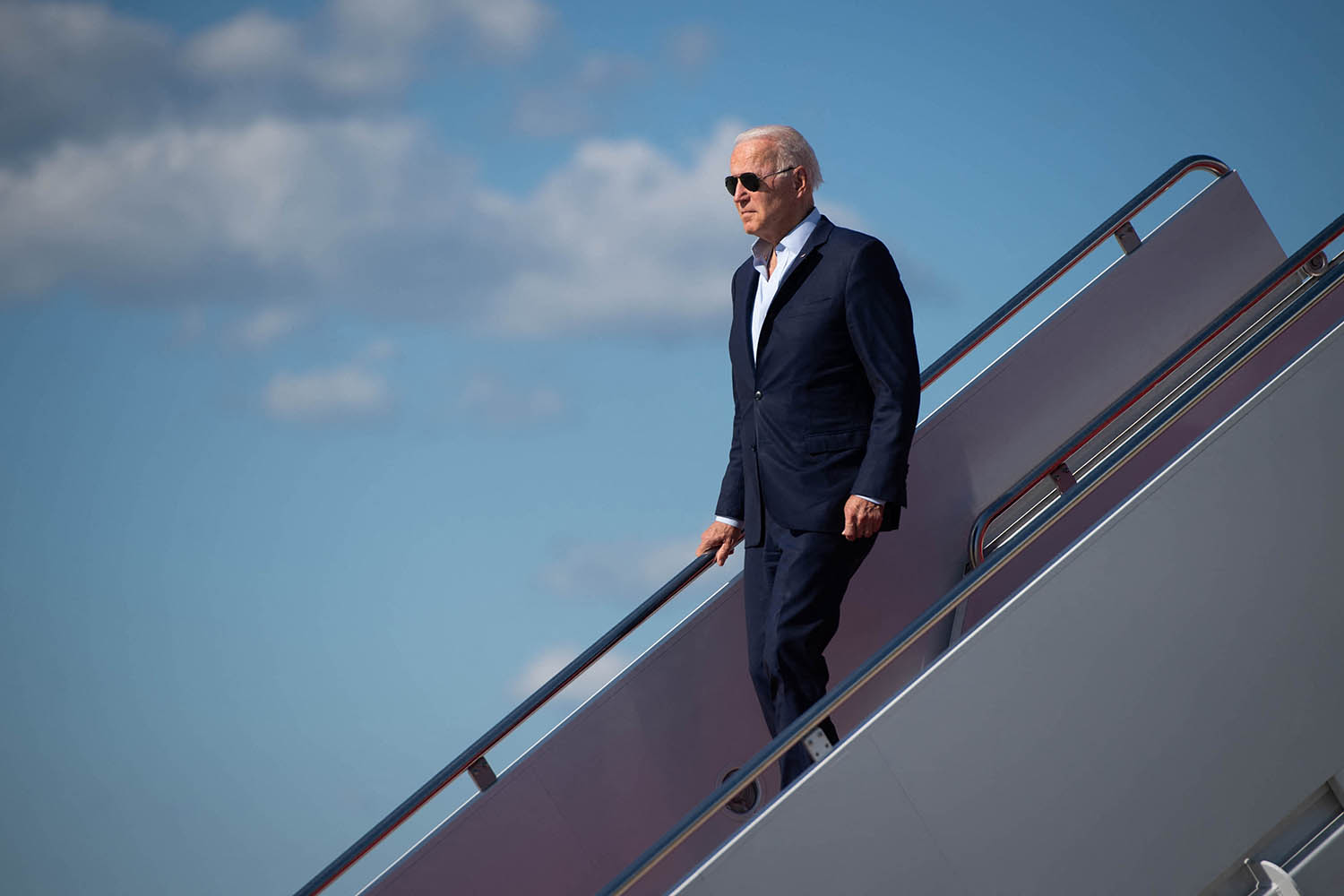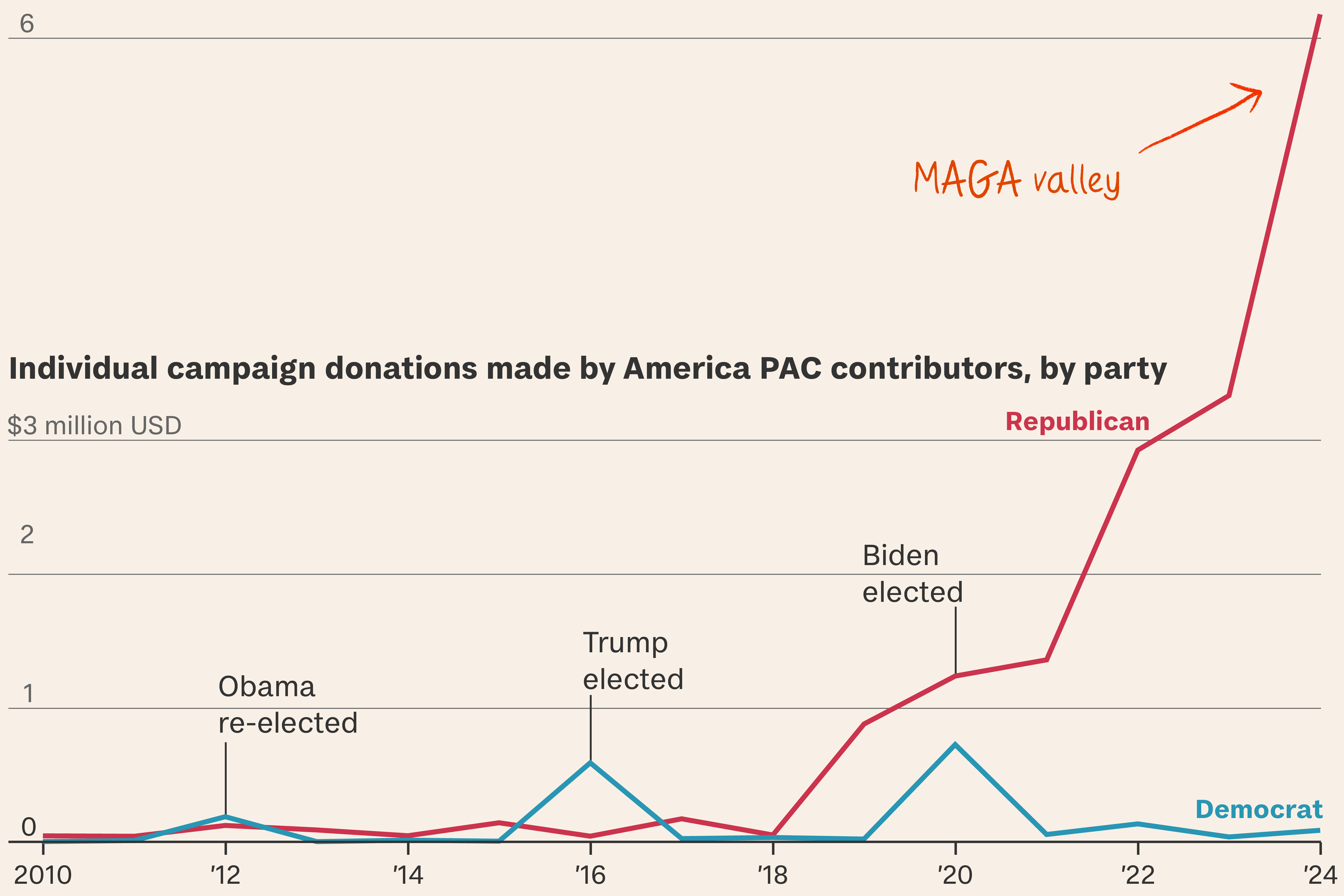He steamrollered American secrecy with technology and his own self-righteousness.
Julian Assange’s wife has said her husband will seek a pardon following his guilty plea to a single charge of espionage.
So what? Without a pardon, Assange will give the US government the last word in a 14-year battle over the status of a state secret. With one, he’ll be able to argue there is no such thing.
Despite being effectively detained for 12 of those 14 years, Assange launched, in the words of one editor who worked with him, “a new era of transparency”.
He excelled in three departments:
- Reach. Assange was among the first to use technology to disclose and distribute classified material en masse.
- Righteousness. He claimed to be a free speech champion as if he were a journalist.
- Recklessness. But he rejected any duty to protect sources who in one case served time for releasing material to him and Wikileaks, and in others – US officials say – were put at risk by his unredacted dumps.
Hacker hits. Assange is a self-taught hacker said to have penetrated the Pentagon’s computer systems as a teenager. For those who missed his original Wikileaks eruption by dint of youth or living under a rock, he
- exposed evidence of US war crimes by releasing gun camera footage from an Apache helicopter whose crew killed more than 12 unarmed civilians in Baghdad in 2007;
- released nearly half a million secret US military documents about the Afghan and Iraq wars including evidence of more than 66,000 civilian deaths in Iraq alone; and
- published thousands of emails between senior US Democrats, obtained by Russian hackers, which Hillary Clinton said helped Trump defeat her in the 2016 US presidential election. One email from her own chief of staff lamented her “terrible instincts”.
Collateral damage. Chelsea Manning, a former US soldier and source of the Afghan and Iraq war logs, served seven years of a 35-year sentence for stealing government property and “aiding the enemy”.
Russia’s useful idiot? Either that, or Assange was knowingly complicit in the Kremlin’s efforts to help Trump win power; and later to spread doubt about Russia’s alleged role facilitating a 2018 chemical attack on the Syrian city of Douma.
Absolute Marmite. Opinions differ diametrically on whether Assange defended or undermined democracy, or even grasped what he was doing.
- Bringer of light. The journalist James Ball, who worked with him on some of the early leaks, suggests he was a trailblazer without whom there might have been no Panama or Paradise Papers; a catalyst for new ambition in mainstream journalism. Alan Rusbridger, who collaborated with Assange as editor of the Guardian, calls him a “bright light wielder” with a vital role given the state’s ability to invade citizens’ privacy.
- Bringer of darkness. Another journalist who worked with Syria’s White Helmet volunteers calls Assange a megalomaniac who obscured the truth in Syria and – by refusing to redact sensitive documents – endangered western intelligence sources in Afghanistan. On Tuesday the Times called him “a thief”.
Nice work. Either way, Wikileaks is said to be worth $244 million thanks to early Bitcoin donations that soared in value – a sum apparently not tapped for the $525,000 it cost Assange to fly from the UK to Canberra via the US Marshall Islands this week in a private jet on his release. That was covered by another donor.
Why now? Three factors in descending order of importance:
- pressure from Australia’s left-wing prime minister, Anthony Albanese, who showed support for Assange’s cause before taking office, despite Swedish rape and sexual molestation charges against him that were only ever dropped because of the passage of time;
- fading US hopes of extraditing Assange from the UK given its likely new Labour government; and
- a desire on the part of the US and UK to remove irritants in their security relationship with Australia given their common rival in China.
What’s more: Assange’s name just kept coming up in talks with Canberra, where the US ambassador, Caroline Kennedy, is JFK’s daughter. The name still counts for something.

